Trisha Mitra graduated as a lawyer in 2012 from the Symbiosis Law School, Pune. During her years of law school she participated in various events. She was awarded the Advocate S.K. Jain Scholarship for being the topper of B.A.,LL.B. from her batch.
Prior to pursuing her Masters in International Dispute Settlement from Graduate Institute of International and Development Studies, she served as an associate at the ADR teams of Bharucha and Partners and Wadia Ghandy & Co.
Soon after the completion of her masters she had the opportunity to work with Prof. Pierre Tercier and later joined Shearman and Sterling as a legal trainee in their International Arbitration team.
In this interview we talk about –
- Her years through law school and her growing interest in Arbitration.
- Significance of Post Qualification Experience (PQE) before pursuing Masters.
- Receiving Hans Wilsdorf Scholarship offered by the Swiss-based Hans Wilsdorf Foundation.
- Studying Masters in International Dispute Settlement from Graduate Institute of International and Development Studies.
- Working as a trainee in the International Arbitration group at Shearman & Sterling LLP
- Working as Legal Assistant to Prof. Pierre Tercier
What inclined you towards the field of legal education?
Looking back, I believe my involvement in extra-curricular activities during school paved the way for choosing law as a career. I have always been an avid reader and that inspired my passion for writing and oration. In school, I actively participated in essay competitions, poetry competitions, debates, Model United Nations, extempores and just about any event that involved speaking and writing.
When it came to a stage where I had to decide what degree I would pursue after school, my instinct was to choose a profession which has its core both these passions of mine, law. I do not have any lawyers in my family or close relations. However, I was extremely fortunate to have supportive parents who encouraged me to make this choice, despite the popular belief that law is not a profession meant for girls.
How instrumental was Symbiosis Law School in shaping your legal career. Did you have interest in arbitration and dispute resolution while at law school?
My time at Symbiosis Law School set the foundation for my legal career. I have always maintained that I was lucky to be in a law school that gave me the freedom to learn, develop skills and explore opportunities, both within and outside the classroom. I firmly belief that learning cannot be restricted to lessons in classrooms and my time at Symbiosis is reflective of that. At Symbiosis, I actively took part in both national and international Moot Court competitions, numerous Model United Nations, intra-law college sports tournaments, essay competitions and parliamentary debates. Further, my internships and interactions with practitioners and academics helped me gain an essential practical understanding of the law. Being awarded the Advocate S.K. Jain Scholarship for Topper of B.A.,LL.B. was a recognition of this fact.
My interest in Alternate Dispute Resolution, and Arbitration specifically, began as a result of curiosity in the second year of my law school. Having heard about it from a friend, I decided to research further on it and found the concept extremely interesting and a practicable means of dispute resolution. The benefits of Alternate Dispute Resolution, i.e. speed, cost-effectiveness and expertise, appealed to my sense of how the system should be and I decided to gain as much experience and knowledge as I could in it. Therefore, I pursued a Diploma in Arbitration, Conciliation and Alternate Dispute Resolution offered by Symbiosis. Also, most of my internships after that were directed towards alternate dispute resolution. I interned with the arbitration and dispute resolution teams at Advani & Co., Kachwaha & Partners, Bharucha & Partners and this cemented my interest for arbitration.
Please tell us about your work profile at WG and Bharucha.
(Trisha worked in the Dispute Resolution team of Bharucha and Partners and Wadia Ghandy & Co. before she decided to pursue Masters in International Dispute Settlement.)
Working as an Associate at both Bharucha and Partners and Wadia Ghandy & Co. was an important stepping stone in my professional career. I was fortunate to have guidance and mentorship from the partners at both firms and a collegial set of colleagues, who made the transition from a student to a working professional smooth. At both firms, I was involved in high-stake commercial litigation cases and international and domestic arbitrations.
According to you, is it better to pursue higher education right after graduation or after gaining some Post Qualification Experience?
It depends on a lot of factors. Pursuing a Master or higher degree is usually a step towards a professional goal that a person envisages for himself. Thus, a decision to pursue it is best taken when the person is reasonably certain of his professional goals or at least what his/her next steps after the Masters will be.
Many of the people who pursue an LL.M. already have work experience before taking up the course. Gaining prior work experience in the field of law for the person who wishes to pursue higher studies is advisable – that way the person can be sure that he/ she wants to continue working/studying in that field of law. Having said that, there are also several people who are sure of their areas of concentration and take up higher studies right after graduation, and have done well for themselves.
Apart from Graduate Institute, which other universities offer good arbitration courses? What made you choose MIDS over others?
The interest among Universities to have a specialised programme dedicated to Arbitration is relative now but fast picking up. Most Universities offer one or two courses on Arbitration, which the student can combine with other courses during their LL.M. Some notable Universities that offer good arbitration courses are Columbia Law School, Queen Mary University of Law, Georgetown Law School, Stockholm University and recently Miami School of Law.
The Masters in International Dispute Settlement (MIDS) offered jointly by the Graduate Institute and University of Geneva is quite unique in that sense. The entire programme is geared towards giving its student an exposure to various dispute resolution mechanisms, with a particular focus on International Arbitration. At the MIDS, courses are offered on both Public and Private International Law, and more specifically on WTO, ICJ, UNCLOS, Investment Arbitration, International Commercial Arbitration and Sports Arbitration. As regards International Arbitration, MIDS has specific courses on international arbitration in specific regions like United States, European Union, China, Latin America etc and also intensive courses on the different facets of arbitration like the Arbitration Agreement, New York Convention, Definition of Investment in Investment Arbitration etc. These courses are taught by well-known practitioners and academicians in those fields. For example, Professor Gabrielle Kaufmann-Kohler and Zachary Douglas took courses on commercial and investment arbitration, Professor Albert van den Berg took a course on New York Convention, Professor Jan Paulsson took a course on Investment Arbitration and Professor William Park on Arbitration in the United States. It truly was learning from the best!
The well-designed programme as well as the location in Geneva, which is home to numerous international organizations, made the choice to take up the MIDS an appropriate one.
Having been the recipient of the Hans Wilsdorf Scholarship and Ratan Tata Travel Grant, tell us more about scholarships for Indians at the MIDS?
The Hans Wilsdorf Scholarship is an incredible opportunity offered by the Swiss-based Hans Wilsdorf Foundation to allow students pursue graduate courses at the Graduate Institute. It is a full scholarship and was an essential factor in my being able to pursue the MIDS. Similarly, the Ratan Tata Travel Grant is offered by the Sir Ratan Tata Trust to students travelling abroad for post-graduate or doctoral studies.
The MIDS administration encourages applicants from all over the world, and every year a considerable percentage of the intake is from India. Professors have often chided that there is an “Indian mafia” at the MIDS! The Hans Wilsdorf Foundation offers quite a few scholarships to students admitted into the MIDS – in my year at the MIDS, an estimated 8-10 students had the Hans Wilsdorf Scholarship.
Apart from this, students from India also have the option to apply to other scholarships, which are not necessarily MIDS-centric. For example, scholarships are offered by the Sir Ratan Tata Foundation, Aga Khan Foundation, Inlaks etc.
Tell us in detail about the academic programme at the MIDS. What differences did you find in the education systems of India and Geneva?
To answer the last question first, the education systems in India and Geneva, and abroad generally, differ greatly.
Pursuing an LL.M. abroad is an act of discipline and perseverance. For starters, the readings for each class were usually enormous, often going upto 500 pages for a single class of 5-6 hours. We were told that for one hour spent in class, there would be readings for atleast two-three hours. This is significantly different from the approach in Indian law schools. The classroom teaching style differs in that there is more learning through discussions and debates. The professors pay a lot of attention to the viewpoints of the students and give inputs from their experiences or jurisprudence to add to the discussion. To gain from this level of exchange, it was necessary to be thorough with the prescribed readings.
MIDS, like other foreign LL.M.s, provides mentoring and assistance to its students to help them adjust and settle into the system. We had a set of amazing tutors who were always at hand to answer our queries and provide guidance whenever needed. The administration was extremely friendly and helpful and helped us with everything from visa to permit to choice of courses to career counselling.
Do you think knowledge of European languages such as French or Spanish helps in areas related to Private or Public International law?
Most definitely. In International Arbitration, a lot of the case-load originates from Latin America, Russia or Europe. Plus, some offices of even international firms have a huge French or Spanish population and prefer persons who speak those languages. Thus, fluency in one or more European languages is a huge advantage.
After the MIDS, you joined WilmerHale in London as a legal intern in their International Arbitration team. Tell our readers about the experience.
Anyone who has ever studied or practiced arbitration knows Gary Born. The fact that he leads the International Arbitration practice at WilmerHale made the choice of firm easy for me.
WilmerHale has a straightforward application process for its internship programme. Once the application makes it past the first round, there is an interview with the Internship Committee. Successful candidates are then invited to intern with them for three months.
WilmerHale has a wide portfolio of International Arbitration and international law cases, including human rights cases. At any point of time, they are handling arbitrations seated around the world and are also pro bono representing victims of human right violations. The team at WilmerHale is young, energetic and welcoming. I was fortunate enough to assist with both their arbitrations and a human rights case in the African Court on Human and Peoples’ Rights.
You have recently joined as a Trainee in the International Arbitration group at Shearman & Sterling LLP– Tell us about your experience.
Shearman & Sterling is a well-renown practice in International Arbitration and is touted to have one of the best portfolios of cases, both in international commercial arbitration and investment arbitration. Their International Arbitration practice in Paris office is headed by Emmanuel Gaillard, a stalwart in the field.
As a result, my experience so far has been extremely interesting and gratifying. I have been working on energy arbitrations and investment arbitrations and enjoying every bit of it. Of course, it requires a lot of hard work and long hours, but it is all completely worth it.
The application process at Shearman & Sterling is quite comprehensive – once the application is selected, there are 2 rounds of interviews – the first one is usually taken by Associates along with a Counsel, and the second one is taken by a Partner.
You also served as Legal Assistant to Professor Pierre Tercier. Do you think it is better to work with an arbitrator rather than an ADR firm? Tell us your experience.
I consider myself extremely lucky to have had the opportunity to work with Professor Pierre Tercier. Professor Tercier is considered one of the top arbitrators in the world and consequently, sits as arbitrator in some of the most interesting investment arbitrations and international commercial arbitrations.
Working with an arbitrator is a different experience than working with a law firm. As Legal Assistant to Professor Tercier, I gained valuable insight into the functioning of an arbitral tribunal – a hitherto unknown process to me. As a counsel, it is one’s duty to assist the tribunal navigate the case and come to a decision. Watching a tribunal work is like peeking behind the curtains and learning how best to do this.
I do not have a preference of working with an arbitrator over a counsel practice, or vice versa. Both involve equally interesting and exciting work and maybe at this stage of my career, I look forward to gaining more experience in both.
Lastly, what would be your parting message for our readers?
If you have a passion and do not mind facing a few challenges, you can get what you want. Also, do not hesitate to reach out to people you will be surprised how often they go out of their way to help you.

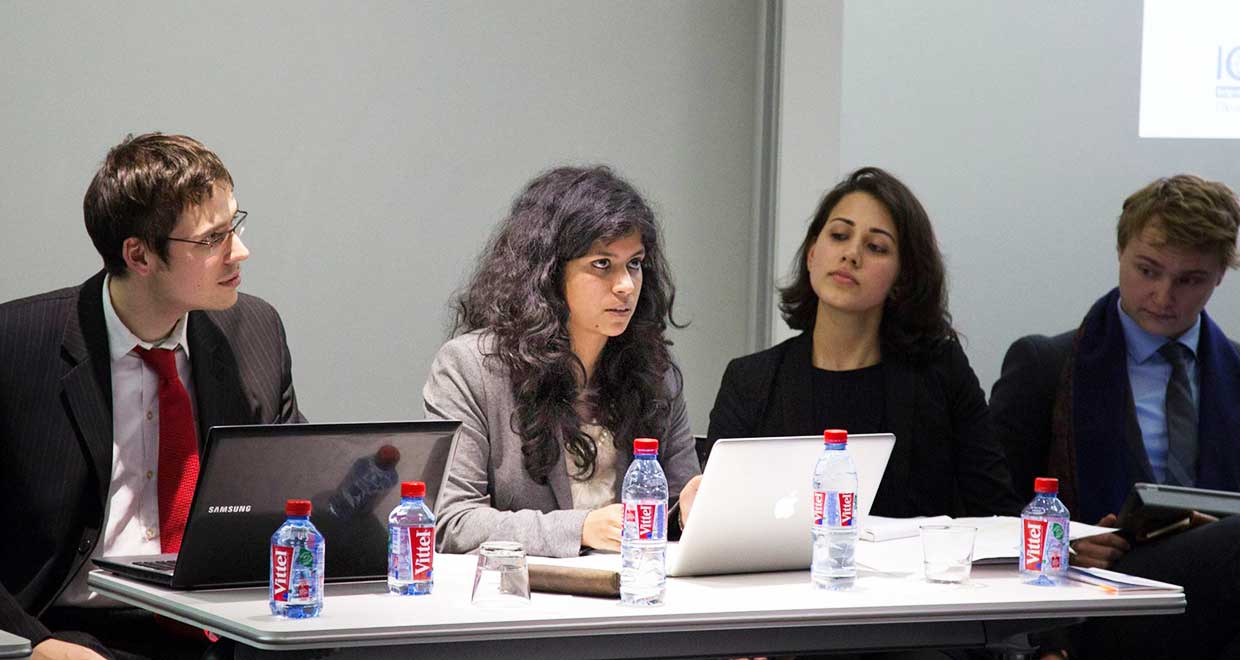

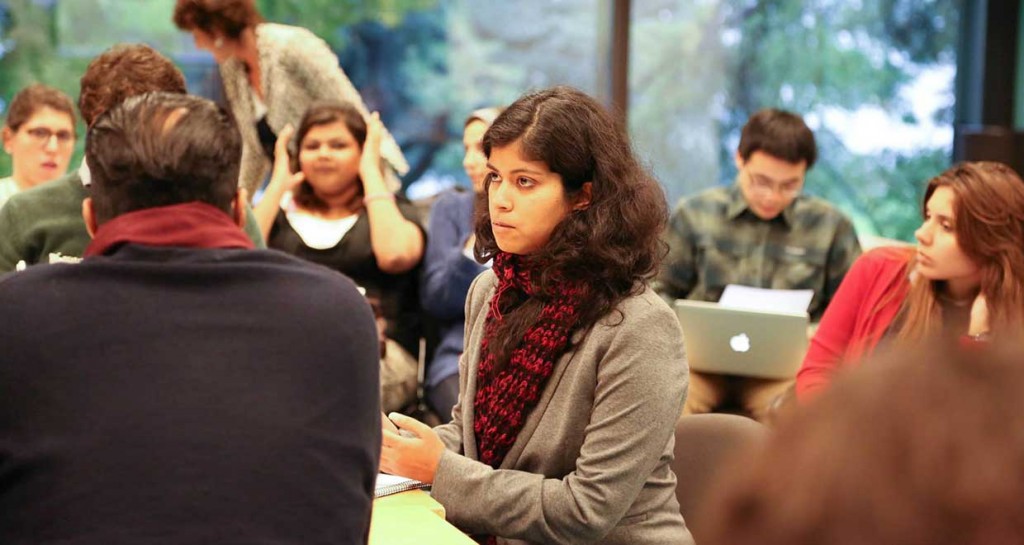
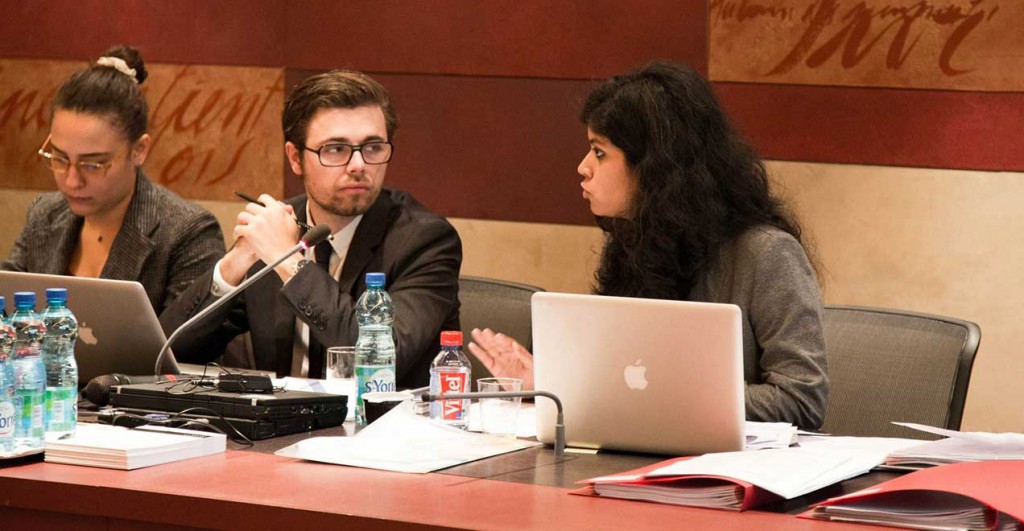
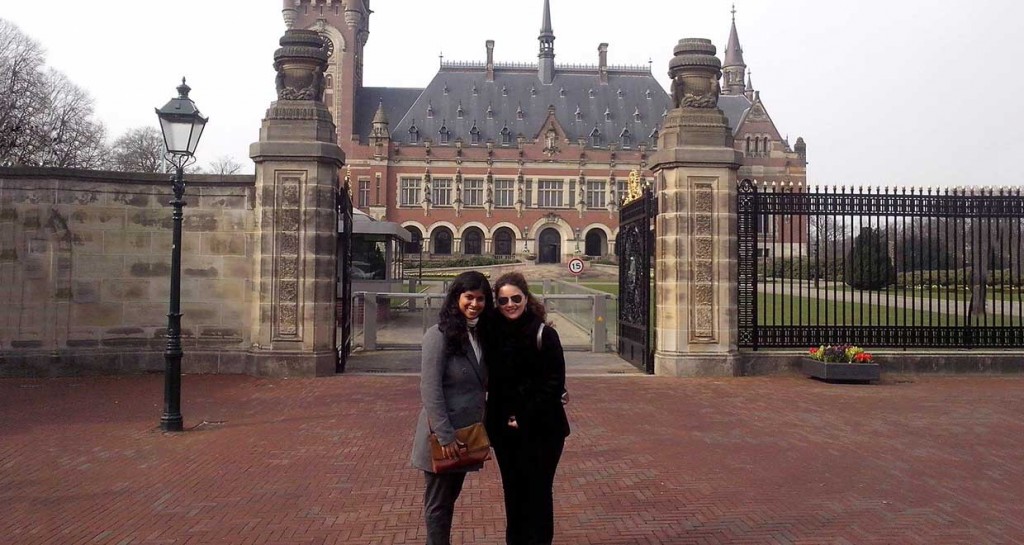

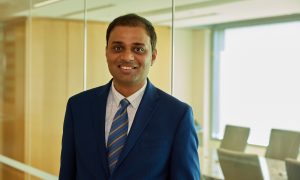

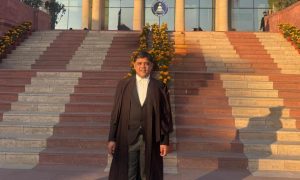

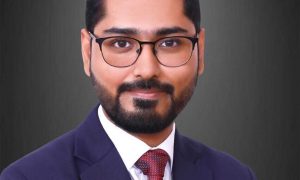



















Pingback: International Arbitration Professional Interview – Offbeat, unusual, unconventional & interesting career interviews